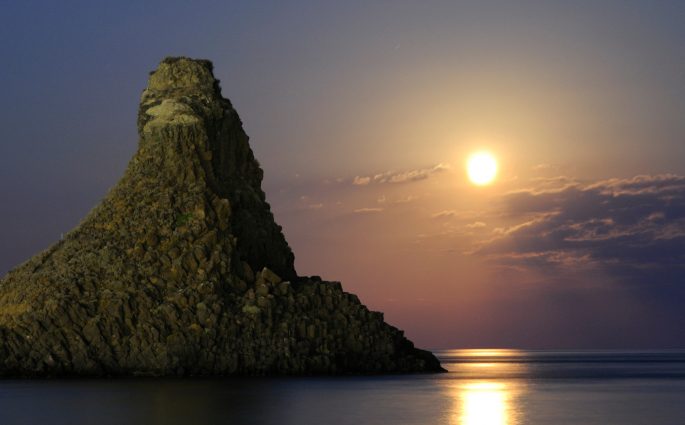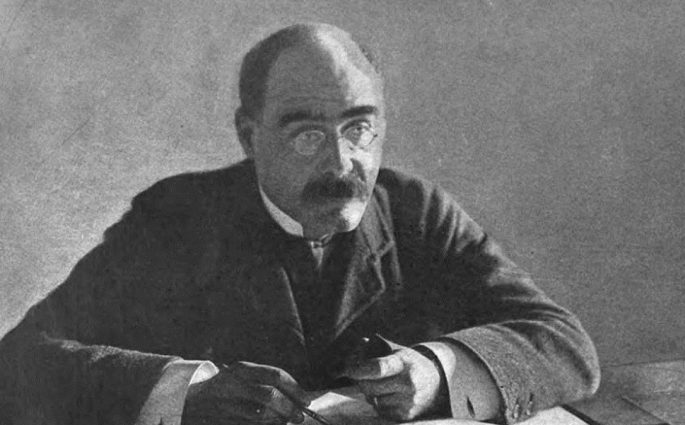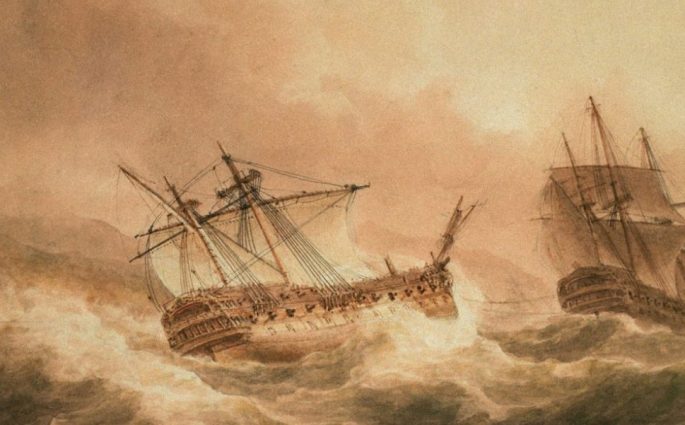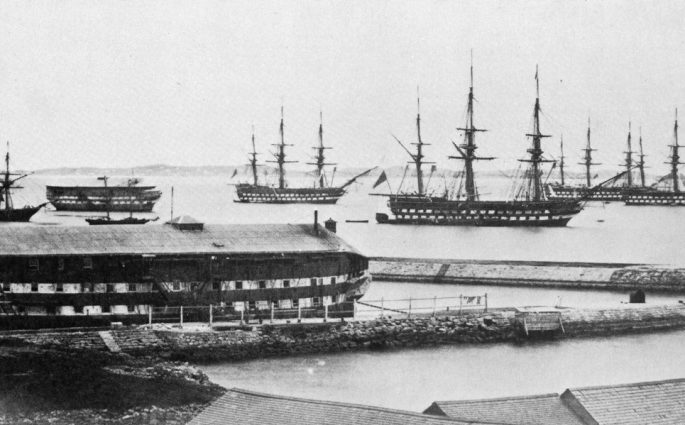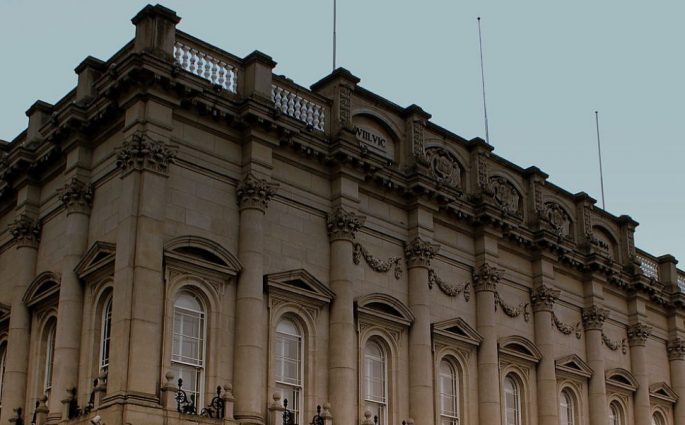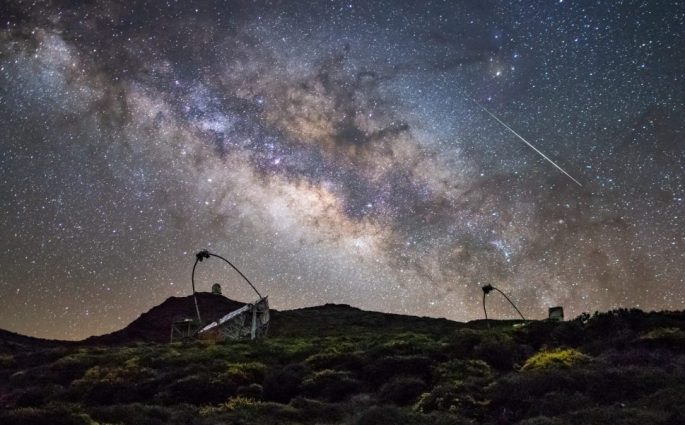The Multifarious Mr. Banks
Dr. Toby Musgrave— Sir Joseph Banks (1743–1820) was only twenty-five years old when in 1768 he convinced both the prestigious Royal Society and the bureaucratic Admiralty that he should join HMS Endeavour as expedition natural historian. He personally paid a fortune to undertake the three-year voyage led by Lieutenant James


